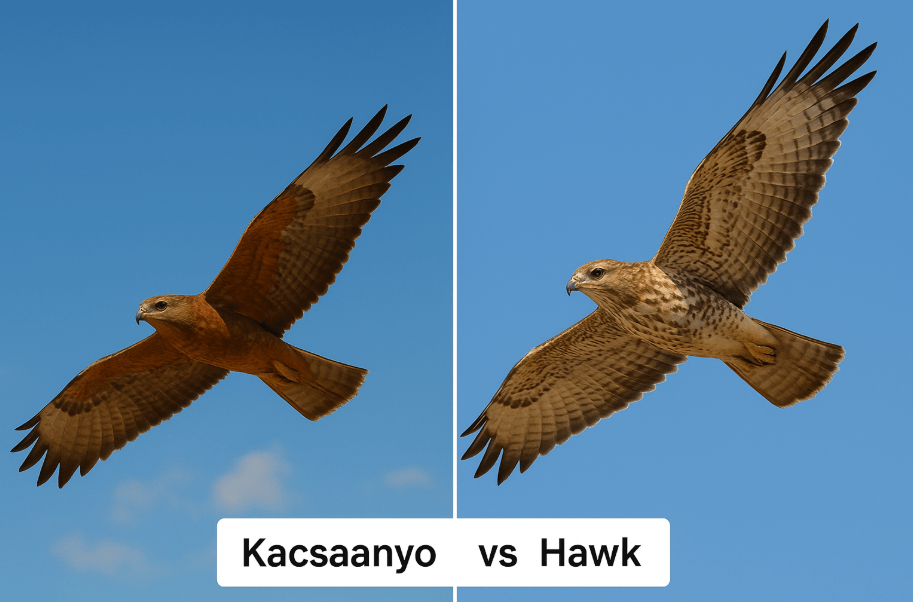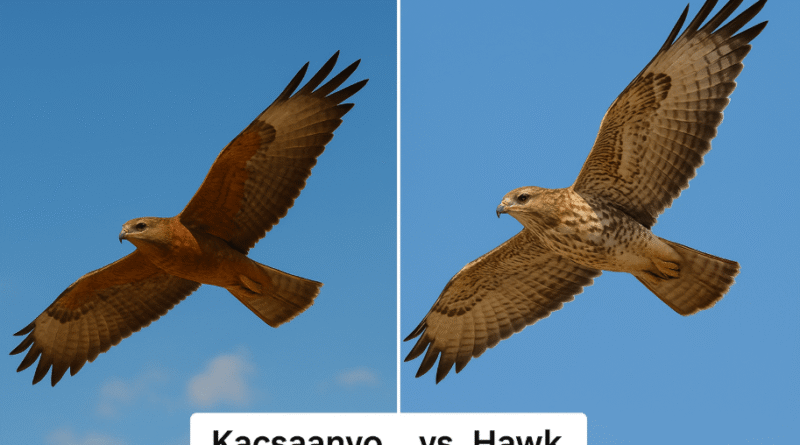Kacsaanyo About
Table of Contents
What is Kacsaanyo?
“Kacsaanyo” is a Somali word used to describe a bird of prey, often compared to hawks or kites in English. While the term is common in Somalia, many people in the USA search for its meaning and wonder whether it refers to a hawk, kite, or another raptor.
In most cases, Kacsaanyo is linked to the Black Kite (Milvus migrans), a widespread raptor across Africa and Asia. This makes it an important cultural and natural symbol in Somali life.

Scientific Meaning of Kacsaanyo
- The Somali word Kacsaanyo is usually associated with the Black Kite.
- In English, it may be described as a kite or small hawk, depending on the region.
- The confusion exists because Black Kites share hunting and flying styles similar to hawks, though scientifically they belong to the kite group.
Kacsaanyo vs. Hawks – Key Differences
| Feature | Kacsaanyo (Black Kite) | Hawks (USA Raptors) |
|---|---|---|
| Scientific Group | Kite (Milvus migrans) | True Hawks (Accipitridae) |
| Size | Medium (22–26 inches) | Varies (e.g., Cooper’s Hawk ~14–20 inches) |
| Wings | Long and angled for gliding | Shorter and rounded for speed |
| Hunting Style | Scavenger & opportunistic hunter | Precision hunters of birds/rodents |
| Range | Africa, Asia, parts of Europe | North & South America |
For American bird lovers, Kacsaanyo resembles the Mississippi Kite or small hawks seen across the USA.
Cultural Significance of Kacsaanyo in Somalia
Beyond science, the Kacsaanyo bird carries rich cultural meaning:
- Symbol of resilience: Known for adapting to harsh environments.
- Folklore & proverbs: Used in Somali poetry to symbolize vigilance and cunning.
- Rural beliefs: Sometimes linked with weather changes or omens when circling the sky.
This cultural connection makes Kacsaanyo more than just a bird—it represents wisdom and alertness in Somali traditions.
Kacsaanyo and American Raptors
For US readers, the closest comparison to Kacsaanyo is the Mississippi Kite or small hawks like the Cooper’s Hawk. However, unlike American hawks that actively hunt, Kacsaanyo (Black Kite) often scavenges, making it more versatile in its survival strategy.
Common Misconceptions About Kacsaanyo
- ❌ Not an eagle – smaller and less powerful.
- ❌ Not a vulture – though it scavenges, it flies gracefully.
- ❌ Not exactly a hawk – belongs to the kite family but overlaps in traits.
FAQs About Kacsaanyo
Q1: What is Kacsaanyo in English?
A: It usually refers to the Black Kite, a medium-sized bird of prey.
Q2: Is Kacsaanyo found in the USA?
A: No. Kacsaanyo is native to Africa, Asia, and Europe. In the USA, the Mississippi Kite is the closest equivalent.
Q3: Why is Kacsaanyo important in Somali culture?
A: It symbolizes strength, resilience, and vigilance, appearing in Somali proverbs and poetry.
Q4: Is Kacsaanyo dangerous?
A: No, it is not harmful to humans. It mainly scavenges and occasionally hunts small animals.
Final Thoughts
The word Kacsaanyo bridges Somali culture and natural history. It represents the Black Kite, a bird of prey with both biological significance and cultural symbolism. For readers in the USA, the easiest comparison is to the Mississippi Kite or smaller hawks—though its role in Somali tradition makes it truly unique.


